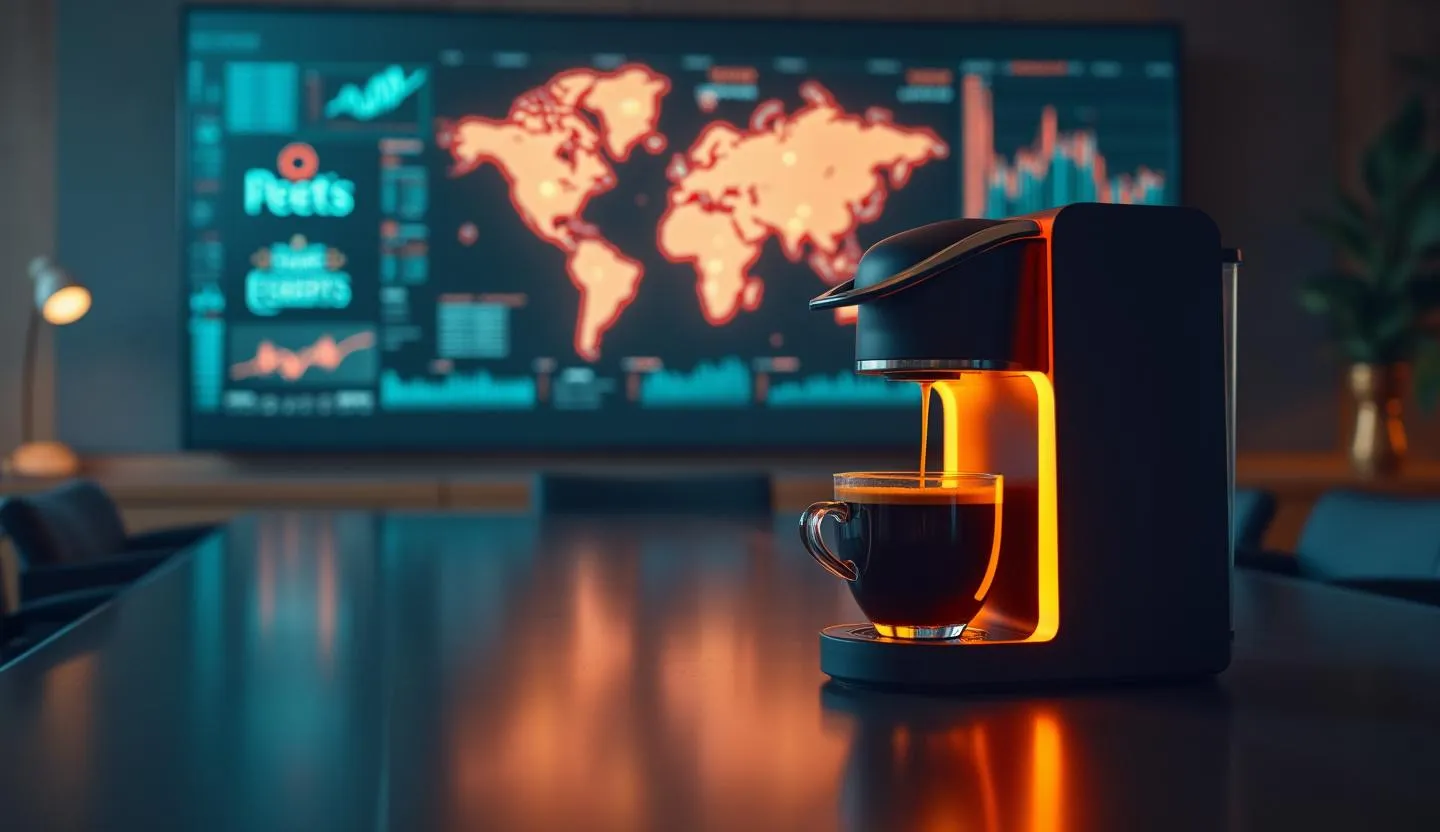A Defensive Titan Faces New Headwinds
In the current trading session, pharmaceutical heavyweight Bristol-Myers Squibb Co. (BMY) stands out as a notable laggard within the healthcare sector. With shares recently down 1.32% to $48.17 on volume of 18,395, Bristol-Myers Squibb’s underperformance draws a sharp contrast against the S&P 500’s own modest decline. As a blue-chip pharma with a storied history, world-class R&D, and blockbuster franchises like Eliquis and Opdivo, BMY’s defensive reputation is being tested by a convergence of sector-specific and company-specific challenges.
Recent news cycles amplify this tension. Major outlets and analysts have spotlighted the company’s valuation, pipeline potential, and looming headwinds from patent expiries and acquisition overhangs. With market jitters intensifying, investors are forced to reassess the stock’s role as a safe haven within a turbulent market landscape.
Key Takeaways
Daily Decline: BMY is down 1.32% to $48.17, trailing the broader healthcare sector and the S&P 500.
Volume Signals: Trading volume at 18,395 is in line with recent averages, suggesting steady but not panic-driven activity.
Valuation Debate: Recent news highlights BMY’s discounted valuation and questions whether risk is already priced in.
Pipeline & Patent Cliff: The expiration of Eliquis patents and integration of past acquisitions remain front and center for investors.
Analyst Sentiment: Mixed analyst commentary continues, with some seeing value and others wary of near-term earnings compression.
Understanding Bristol-Myers Squibb’s Investment Thesis
Founded in 1887, Bristol-Myers Squibb has long occupied a leadership position in global biopharma. Its business model leverages deep scientific research, strategic M&A, and a diverse portfolio that spans oncology, immunology, and cardiovascular therapeutics. Yet, its recent stock trajectory underscores the risks even stalwart pharma players face in the modern market.
The Pipeline Paradox
BMY’s robust drug pipeline is a double-edged sword. On one side, it offers hope for future growth and cash flow replacement as legacy drugs lose exclusivity. On the other, the timeline and regulatory hurdles for commercialization inject uncertainty.
As noted in Seeking Alpha’s latest analysis:
"Bristol Myers Squibb is undervalued despite the looming patent cliff, as its robust pipeline and strong cash flow position it for future growth. The impact of Eliquis' patent expiry is overstated, since only half its revenue affects BMY's bottom line due to the Pfizer partnership. Earnings have been depressed by past acquisition amortizations, but these charges will drop sharply, revealing stronger profitability."
— Seeking Alpha, July 10, 2025
This nuanced take highlights the underlying debate: Is BMY’s current valuation a buying opportunity, or a value trap?
Performance Recap: A Closer Look at Recent Trading
Daily and Historical Trends
Session Performance: BMY fell 1.32% to $48.17, off a prior close of $48.52.
Short-Term Trend: The stock has been trending downward, in line with a broader sector pullback and sentiment shift toward risk-off assets.
Long-Term View: Year-to-date, BMY is down an estimated 16-17%, as cited in recent analyst commentary. This positions it among the sector’s notable underperformers.
Volume & Volatility
Session Volume: 18,395—suggests typical institutional activity, not extraordinary selling pressure.
Volatility Context: BMY’s beta remains well below 1, reinforcing its reputation as a defensive holding even amidst sector weakness.
Analyst and Market Sentiment: Opportunities or Overhangs?
Analyst Ratings and Price Targets
Recent commentary from The Motley Fool and other outlets frames BMY as a potential bargain for patient investors:
"Most people love a bargain; investors do too. Purchasing shares of companies that can perform well over long periods is already pretty exciting, but it's even more so when they can be scooped up from the discount bin."
Valuation metrics (forward P/E, free cash flow yield) suggest the stock is pricing in significant near-term headwinds. Some analysts see a pathway for re-rating as acquisition amortizations roll off and pipeline assets mature. Others remain cautious, citing the patent cliff and execution risk.
Dividend and Income Profile
BMY’s dividend yield continues to draw attention from income-focused investors. According to Seeking Alpha, the company’s forward dividend remains competitive, bolstered by strong free cash flow generation—even through periods of earnings compression.
Market Context: Sector Rotation, Macro Risks, and Pharma’s Defensive Playbook
Sector and Macro Backdrop
BMY’s struggles come as the healthcare sector itself battles shifting sentiment. With the Federal Reserve’s delayed rate cuts and a general rotation out of defensive assets, even classic pharma names have faced selling pressure.
The Seeking Alpha Dividend Harvesting Portfolio commentary notes:
"Consistent weekly investing, diversification, and a focus on income-producing assets have driven strong performance, even through volatile markets and macroeconomic headwinds. I see significant opportunities ahead, especially for big tech, REITs, and energy stocks, as the Fed's delayed rate cuts create a favorable environment."
This broader context underscores why BMY’s relative underperformance is not simply a company story, but also a function of macro and sector rotation.
Conclusion: Is BMY Still a Defensive Anchor or Is Value a Mirage?
Despite its storied history and formidable drug pipeline, Bristol-Myers Squibb finds itself in the market’s discount bin. The combination of patent cliff anxieties, acquisition integration, and sector-wide rotation away from defensive names has created a valuation gap that some see as an opportunity, while others fear further downside.
For investors seeking safety, yield, and potential upside from pipeline execution, BMY remains a compelling—but not riskless—candidate. The near-term path will hinge on management’s ability to deliver on new therapies, navigate patent expiries, and unlock value from its M&A history. As ever in healthcare, the reward is tied to navigating uncertainty, and in BMY’s case, the stakes—and potential returns—are high.

.svg)
.svg)
.svg)
.svg)

.svg)

.svg)
















